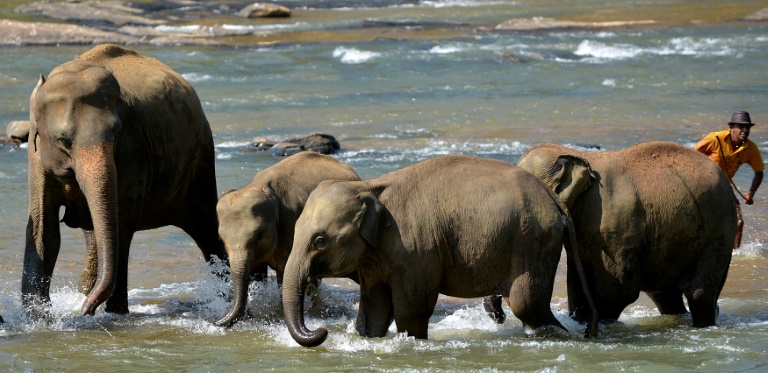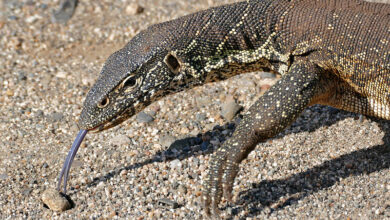
Sri Lanka Wednesday announced plans to substantially extend electric fencing after marauding elephants killed 375 people in the past five years and villagers retaliated by slaughtering nearly 1,200 of the beasts.
The government said the toll marked a clear escalation of the human-elephant conflict and urgent steps were needed to protect both people and wildlife.
Government spokesman Gayantha Karunathilaka said authorities would begin constructing 2,651 kilometres (1,556 miles) of new electric fencing to keep elephants away from villages bordering wildlife reserves.
The cabinet also approved a plan to upgrade the existing 4,349 kilometres of electric fences — which repel elephants but do not seriously hurt them — and ensure better maintenance.
There was no immediate estimate of the costs.
The announcement came two days after President Maithripala Sirisena called for urgent action, saying elephants were straying from national parks, raiding villages and destroying crops.
Sirisena said wildlife, including elephants, destroyed about 35 percent of the country’s agricultural produce.
A monkey population of one million in the island of 21 million people was responsible for wiping out much of the coconut harvest earlier this year and driving prices up, the president said.
He also said there were almost daily reports of elephants attacking villagers or destroying property.
Official figures show 5,800 incidents of elephants attacking property in the past five years.
Elephants are considered a Buddhist symbol and protected by law. Killing wild elephants is an offence punishable by death, but there were regular reports of angry villagers poisoning or shooting them.
Sri Lanka also bans the capture of wild elephants, although many people have illegally raised baby jumbos — seen as a status symbol.
Official records show there were about 200 domesticated elephants in Sri Lanka before the recent ban on capturing them. The population in the wild is estimated at 7,500.




